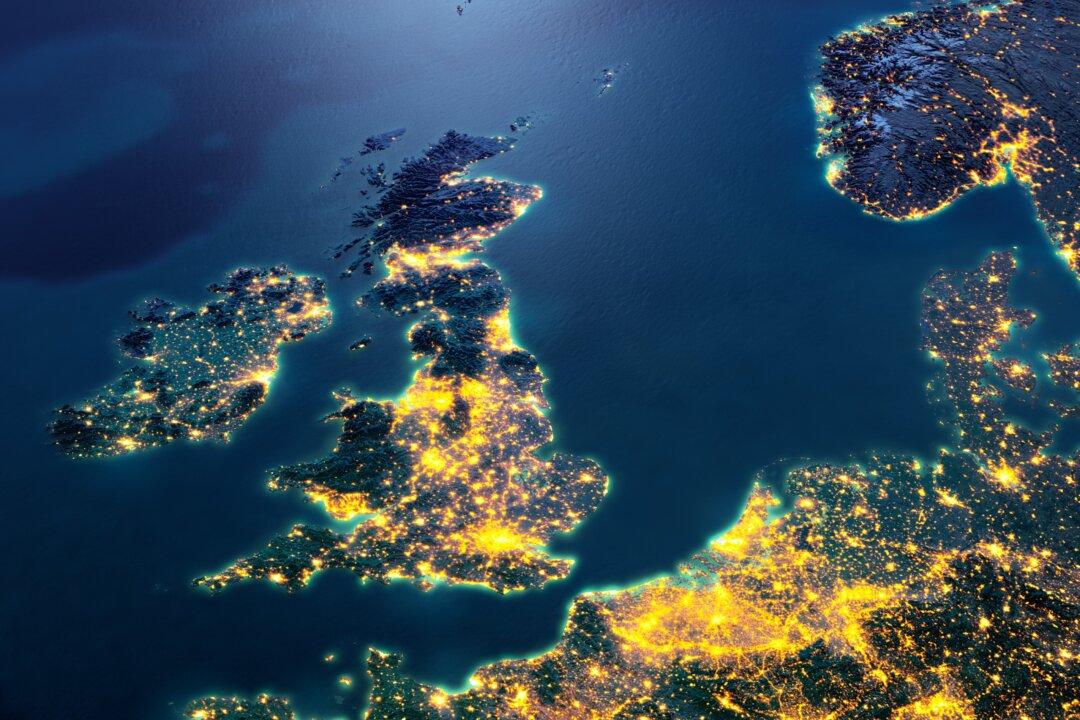The push for Australia to legislate a net zero emissions target has spurred discord from some government officials who firmly believe the climate policy could harm Australia’s energy security and industry amid the UK’s own unravelling energy crisis.
Australia has faced criticism for not setting a 2050 net zero target—a goal already undertaken by many of the world’s developed countries, including the United States and the United Kingdom.





